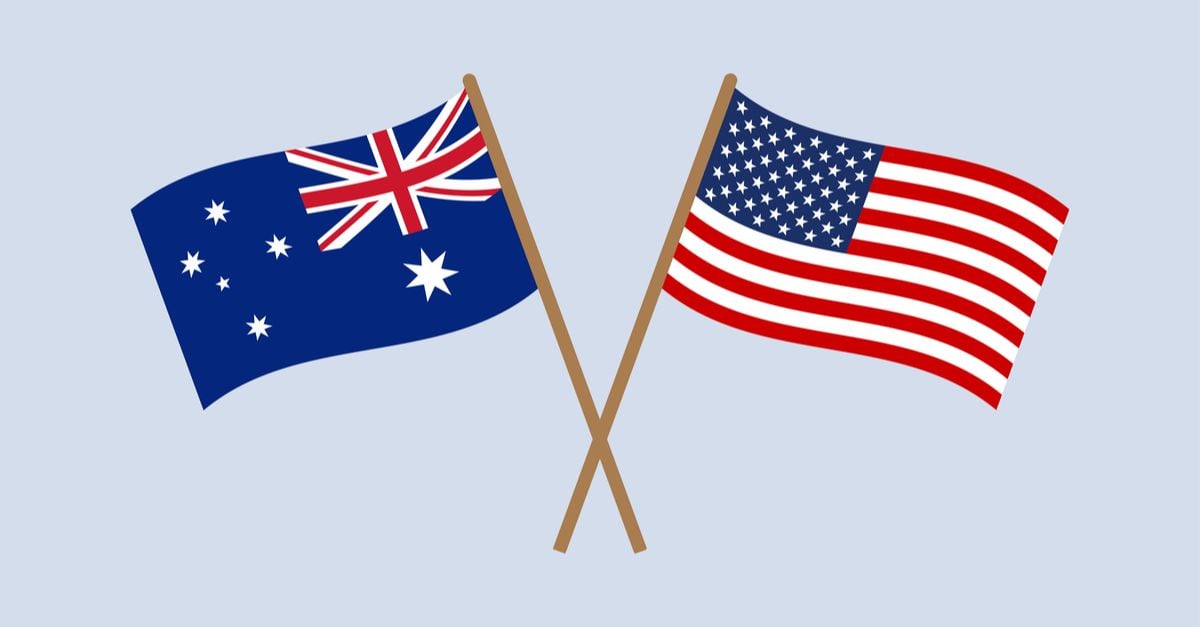Security News

US authorities warned healthcare and scientific researchers Wednesday that Chinese-backed hackers were attempting to steal research and intellectual property related to treatments and vaccines for COVID-19. "We are leading the world in COVID-19 treatment and vaccine research. It is immoral to target China with rumors and slanders in the absence of any evidence," Zhao said.

The Army is developing a new electronic warfare pod capable of being put on drones and on trucks. The Silent Crow pod is now the leading contender for the flying flagship of the Army's rebuilt electronic warfare force.

The US Federal Bureau of Investigation and cybersecurity experts believe Chinese hackers are trying to steal research on developing a vaccine against coronavirus, two newspapers reported Monday. The FBI and Department of Homeland Security are planning to release a warning about the Chinese hacking as governments and private firms race to develop a vaccine for COVID-19, the Wall Street Journal and New York Times reported.

Governments and organizations are unleashing new technologies to fight the spread of the coronavirus, adding to privacy and data collection concerns. A new Pew Research poll takes a look at the current sentiment regarding these new contact tracing applications and data collection.

The Czech Republic and the United States have signed a joint declaration Wednesday for cooperating on security of 5G technology. The Czech government office said the document was signed remotely by Czech Prime Minister Andrej Babis and U.S. Secretary of State Mike Pompeo.

With the IT world turned upside-down for many organisations, it's a good time to talk network security. Because while it's something we all need more than ever, there's almost always a gap between demand and budget, or between need and the ability to service that need.

Several weeks ago, Google, which was seeing around 18 million pandemic-themed malware or phishing messages per day, revealed that nation-backed hackers were targeting healthcare organizations and those engaged in the fight against the coronavirus pandemic. Today, the US Department of Homeland Security Cybersecurity and Infrastructure Security Agency and the United Kingdom's National Cyber Security Centre warned that APT groups are "Actively targeting organizations involved in both national and international COVID-19 responses."

Israeli spyware maker NSO Group has rubbished Facebook's claim it can be sued in California because it allegedly uses American IT services and has a business presence in the US. Last October, Facebook and its WhatsApp subsidiary sued the software developer and its affiliate Q Cyber Technologies in California, claiming that the firms made, distributed, and operated surveillance software known as Pegasus that remotely infects, hijacks, and extracts data from the smartphones of WhatsApp users. WhatsApp security manager Claudiu Gheorghe in a previous filing identified 720 malicious attacks on WhatsApp from the IP address 104.223.76.220, a server in California provided by QuadraNet and allegedly run by NSO. QuadraNet did not immediately respond to The Register's request to clarify the account holder for that IP address.

The government newspaper of Iran has lost its.com website, with its publisher on Monday accusing the United States of "Stealing" the domain name. Contacted by AFP, Mehdi Shafii, head of the media group that publishes Iran, accused the US Treasury of wanting to "Block" and "Confiscate" the company's domain names.

The US National Security Agency and its Australian counterpart the Australian Signals Directorate have published a set of guidelines to help companies avoid a common kind of attack: web shell exploits. A web shell is a malicious program, often written in a scripting language like PHP or Java Server Pages, that gives an attacker remote access to a system and lets them execute functions on a victim's web server.